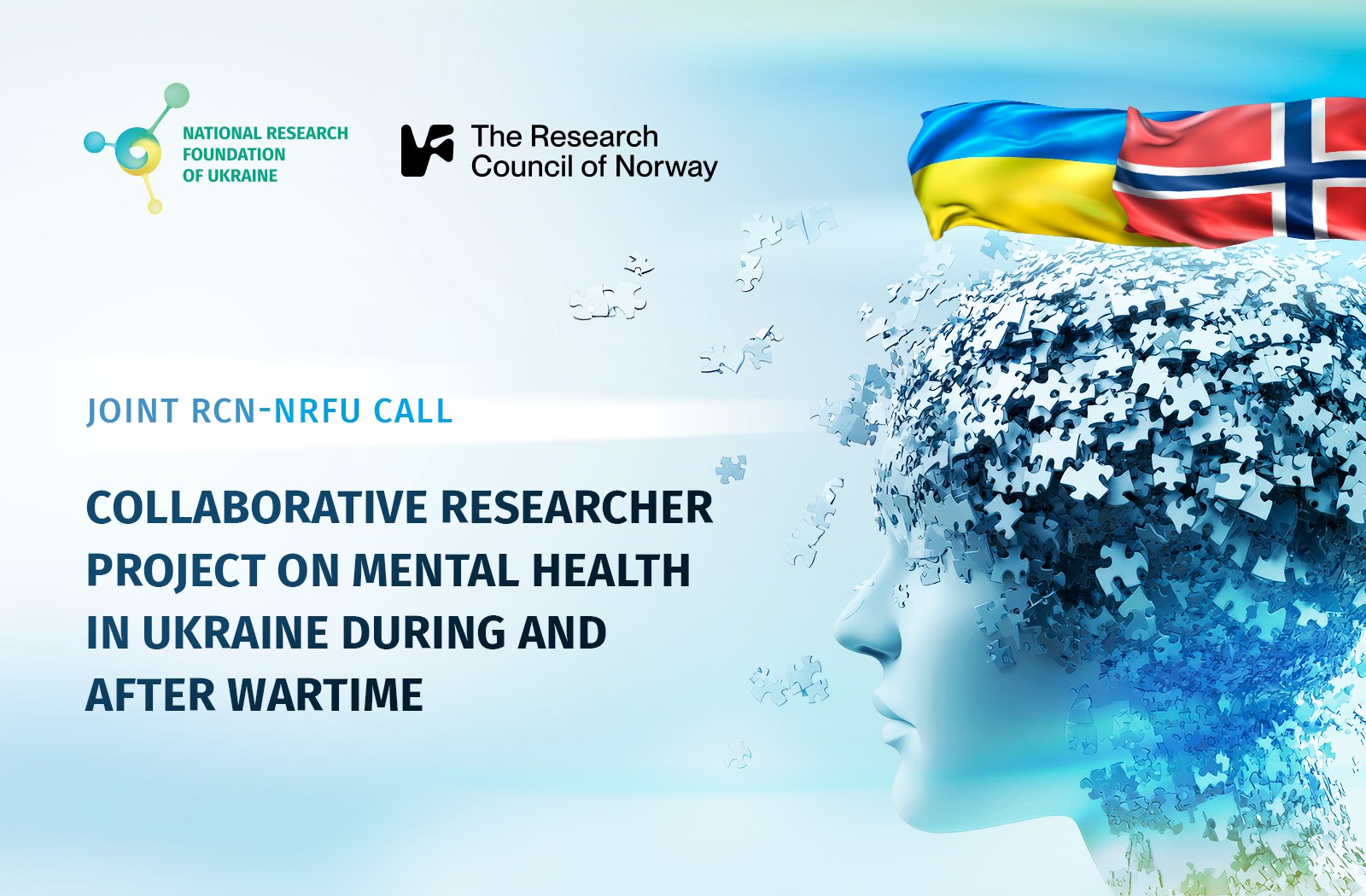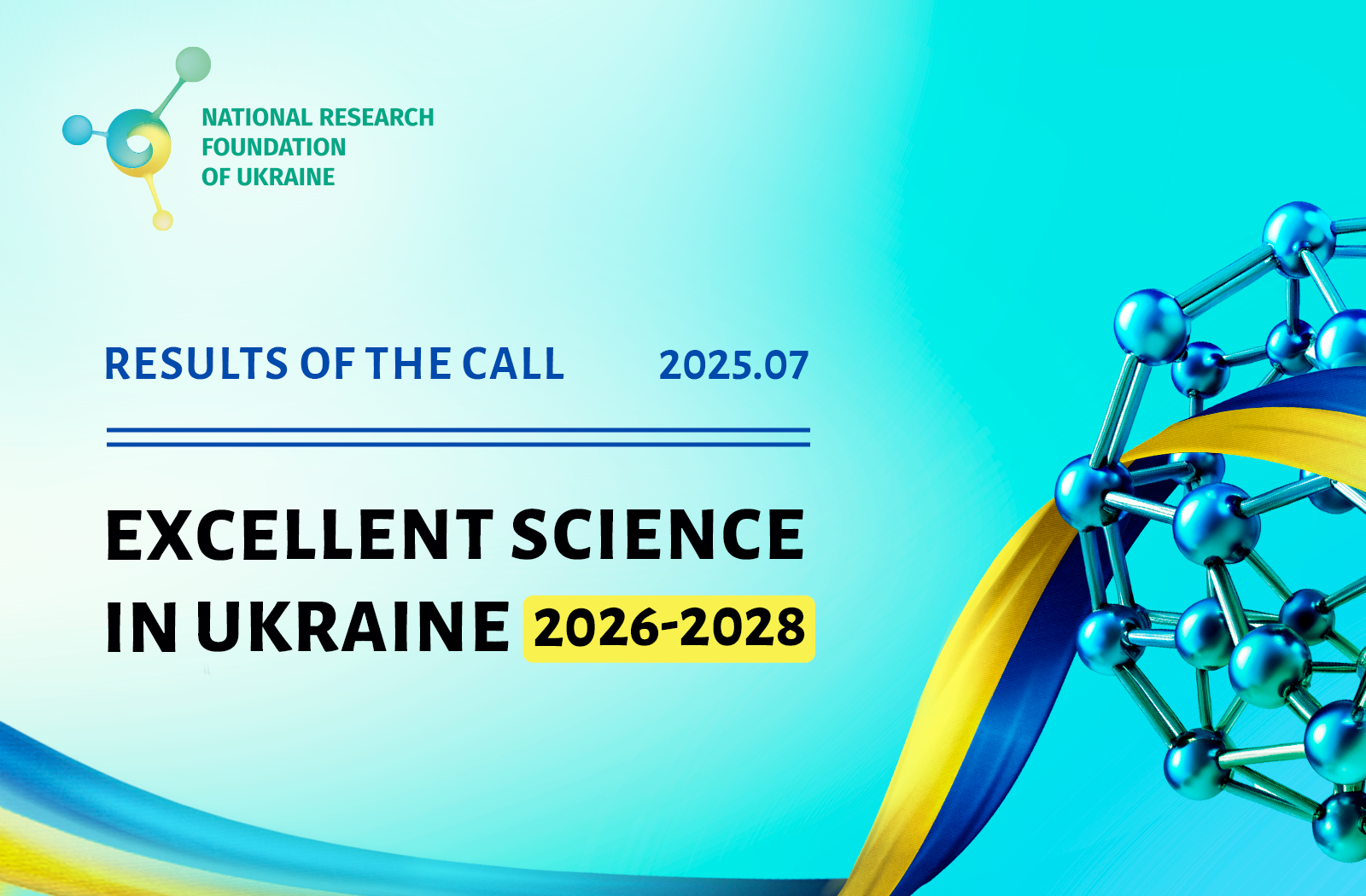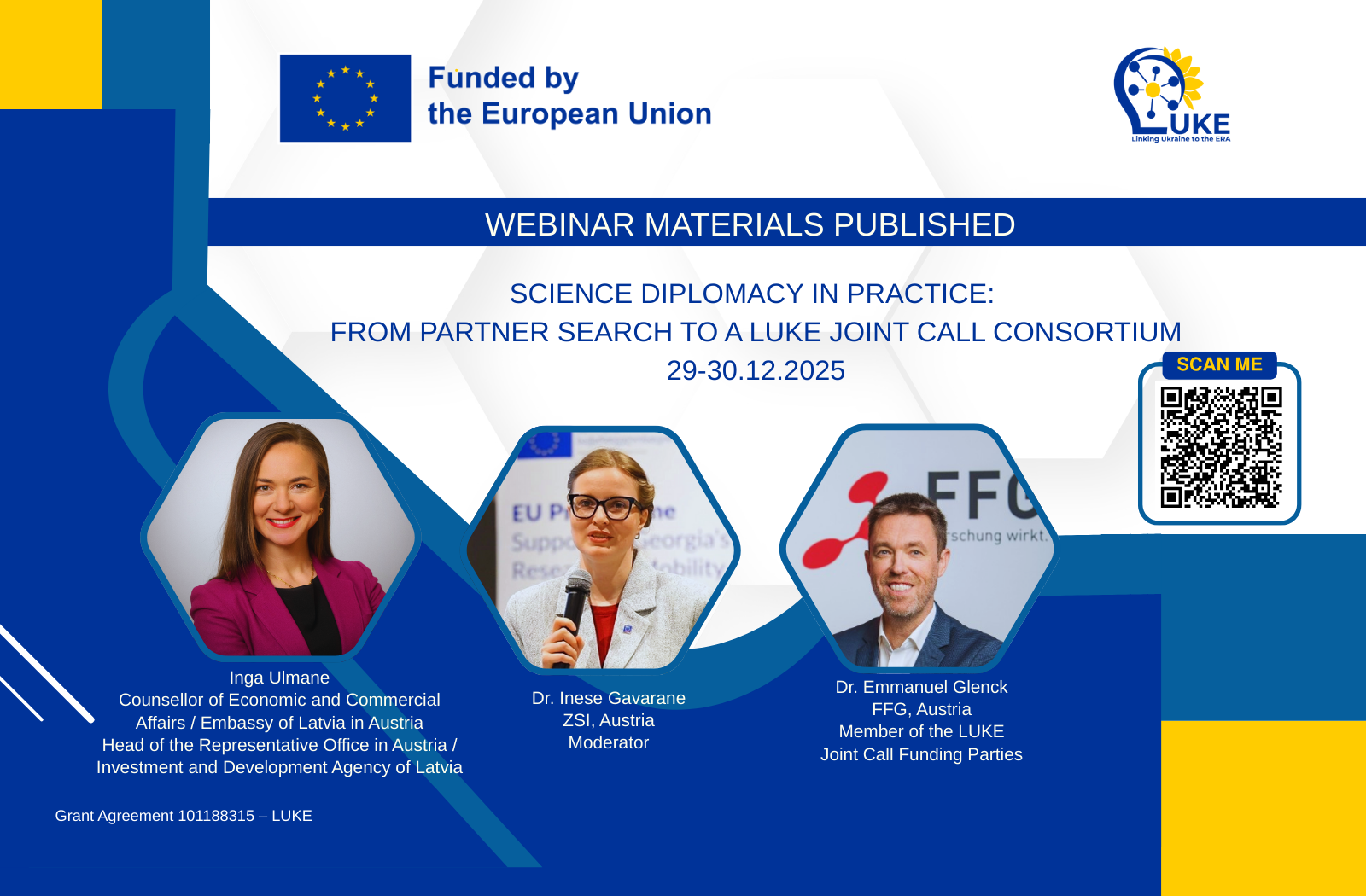On February 24, we were recording an interview with Halyna Mishchuk, the Head of the Department of Labor Resources and Entrepreneurship of the National University of Water and Environmental Engineering. In the audio file one can clearly hear explosions on the outskirts of Kyiv. But the researcher’s voice is clear and calm. She talks about the project ‘Ensuring social protection of ATO/JFO participants and social integration of IDP in the condition of increasing threats to social security’ which was successful in the call of the National Research Foundation ‘Science for Safety and Sustainable Development of Ukraine’. Financing of the project was supposed to start in March 2022…
We recorded the end of the conversation a few days ago. We asked Halyna how she is doing and what challenges she and the team members have faced during the months of the war?
“Thank you, we are holding on,” answered Halyna. “Firstly, it was a shock, in the first weeks I was constantly following the events at the front and waiting for good news. Then I understood: it is necessary to live and work for the sake of victory.”
In the first days of the war, many university lecturers joined the ranks of the Armed Forces of Ukraine. In February 2022, it was not easy at all, because there were kilometer-long queues to the registration points (centers of formation of territorial defense). “We are very proud of our colleagues!” – says the researcher proudly.
The university continues its work, hot admission season is about to begin. At the beginning of the war, the institution announced a short two-week vacation, and later we continued working remotely. “Lecturers and students enjoy deep support by our rector Viktor Moshinskyi,” added Halyna. “This support, calmness and faith in victory are very important.”
The topic of social protection of veterans is mega important!
The researchers planned the project so as to investigate the needs of combatants, internally displaced persons (IDPs), and the behavioral reactions of the population towards these people.
The project topic was chosen by the team members for a reason. The researchers (this research team consists of women only) have friends, colleagues, and relatives who were (and are) participants in hostilities. They consider it their research duty to carry out this research. In addition, the team includes the well-known sociologist Oksana Pankova who was forced to move from the east of the country and knows the problems of IDPs from her own experience.
“I really hope the funding will be renewed, because the results of the project are important both for Ukraine and for other countries,” says Halyna Mishchuk. “Today, there are hundreds of thousands of combatants, and millions of internally displaced persons… We must be ready to help them!”
The team has ambitious goals: to collect a unique database, to develop a new methodology for assessing the social protection needs of combatants, and a methodology for assessing social integration of internally displaced persons. Such assessments exist today, but they are based on outdated approaches that do not take people’s needs into account. It is important to find out: whether people consider themselves integrated, whether they managed to blend into the community, whether they were welcome in a new place. “We hope to form a methodology based on the study of behavior in situations of crisis in the future. Both researchers and practitioners will need this research tool,” the interlocutor emphasized.
Another area of research is the population’s reaction to displaced persons.
“The war uprooted millions of people, and it is important to find out how they are perceived in the new communities, whether the communities are ready to help,” said Halyna Mishchuk. “We are convinced that mutual assistance and solidarity are defining features of Ukrainians. And yet, after the wave of resettlement in 2014-2015, only 51 percent of people felt the support they needed. Therefore, it is necessary to track in detail the needs of people who have moved to other regions, to determine whether state services meet these needs.”
Together with professional sociologists, the researchers plan to conduct a large-scale survey of three groups of people (veterans, IDPs, and members of communities that host evacuees). “Such a survey has never been conducted such a survey in the world of research!”, Halyna emphasizes. “I am sure that our data will be useful to state and local authorities, and, of course, researchers.”
Results of the research will also help to see the general picture of social security and rehabilitation of veterans and integration of IDPs and to correct shortcomings.
We ask Professor Mishchuk: what would she advise scientists who plan to participate in future NRFU calls?
“It took us several years to win in the call,” she answered. “We submitted projects to various institutions, learned how to apply for foreign grants. Today I understand that victory requires a powerful idea, perseverance and a professional team. Therefore, I advise researchers to be brave, and in case of failure, not to stop halfway. You can’t get a stellar result on the first try. Failure is the only way to success!
Svitlana GALATA






